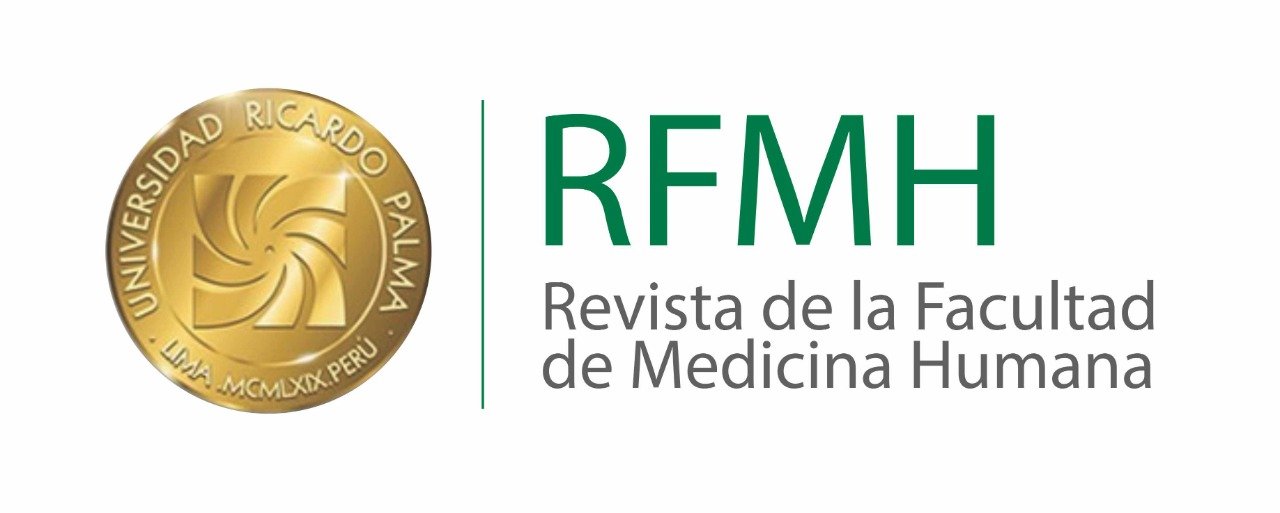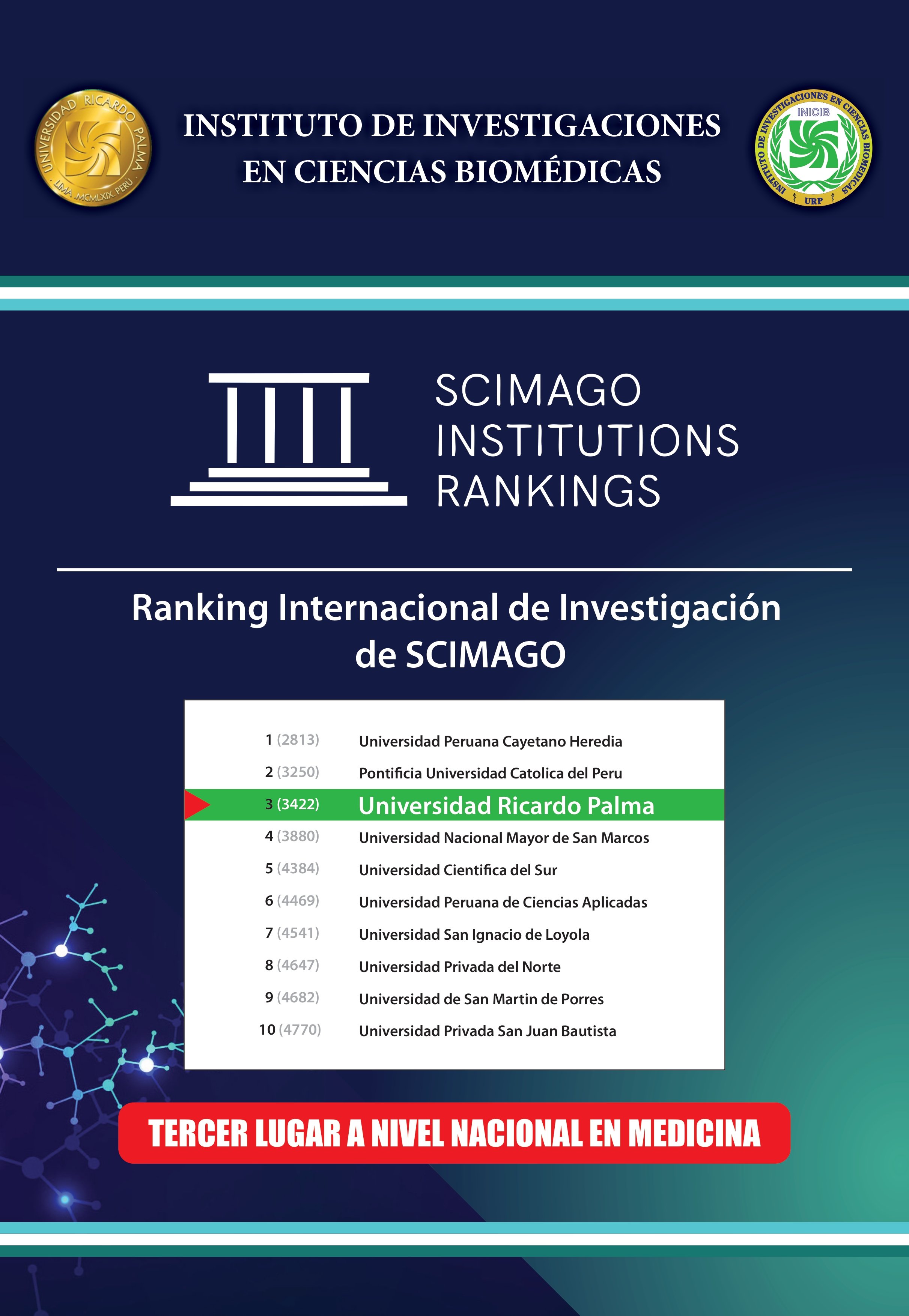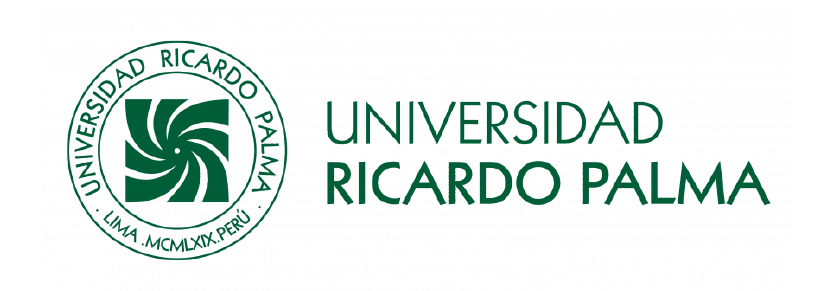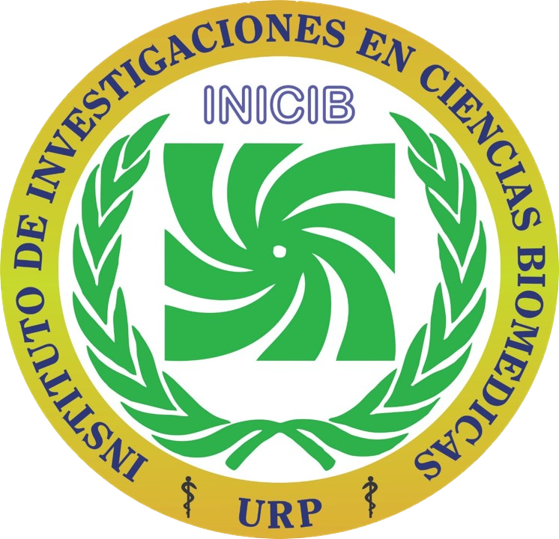CONSTRUCTION AND VALIDATION OF A FAMILY RESILIENCE SCALE FOR FAMILY MEMBERS OF PEOPLE WITH DISABILITIES IN THE CITY OF ICA.
CONSTRUCCIÓN Y VALIDACIÓN DE UNA ESCALA DE RESILIENCIA FAMILIAR EN FAMILIARES DE PERSONAS CON DISCAPACIDAD DE LA CIUDAD DE ICA
DOI:
https://doi.org/10.25176/RFMH.v23i4.5539Keywords:
psychometry, resilience, disabled personAbstract
Objective: To create and validate a family resilience in caregivers relatives of people with disabilities (ERF-PD). Method: The research design is instrumental. The sampling was non probabilistic with a sample of 301 relatives of people with disabilities. Initially, 40 items were created but this number was reduced after the statistics analysis. Results: Aiken’s V values of 1.00 were obtained in all items. After the item analysis, nine items were removed. From the exploratory factor analysis, 17 items remained that explain 56.0% of the overall variance; whereas the confirmatory factor analysis obtained good fit indexes for this structure (Chi2/gl=1.876; CFI=0.982; TLI=0.979; RMSEA =0.037; SRMR=0.064). Internal consistency showed coefficients above 0.70 in the general scale and its three factors. Conclusion: The scale shows evidences of validity and reliability for the evaluated sample, justifying its use in research and professional activity.
Keywords: psychometry; resilience; disabled person (source: MeSH NLM)
Downloads
References
Organización Mundial de la Salud (OMS). Informe mundial sobre la discapacidad [Internet]. Repositorio Institucional para compartir información. 2022 [consultado el 05 de febrero del 2022]. Disponible en: https://apps.who.int/iris/handle/10665/75356
Organización Mundial de la Salud (OMS). Discapacidad [Internet]. Notas descriptivas. 2022. 2011 [consultado el 07 de febrero del 2022]. Disponible en: https://www.who.int/es/news-room/fact-sheets/detail/disability-and-health
Instituto de Estadística de la UNESCO. Education and disability: analysis of data from 49 countries [Internet]. VOCEDplus. 2018 [consultado el 07 de febrero del 2022]. Disponible en: http://hdl.voced.edu.au/10707/453118
Walsh F. Strengthening Family Resilience. Nueva York: Guilford Press; 1998.
Oñate L, Calvete E. Una aproximación cualitativa a los factores de resiliencia en familiares de personas con discapacidad intelectual en España. Psychosocial Intervention. 2017;26(2):93-101. doi: https://doi.org/10.1016/j.psi.2016.11.002
García R, Bustos G. Discapacidad y problemática familiar. Paakat Rev Tecnol Soc. 2015;(8):1-8. Disponible en: http://www.udgvirtual.udg.mx/paakat/index.php/paakat/article/view/229/344
Chew J, Haase A. Psychometric properties of the Family Resilience Assessment Scale: A Singaporean perspective. Epilepsy Behav. 2016;61:112-119. doi: https://doi.org/10.1016/j.yebeh.2016.05.015.
Chiu, S. J., Chou, Y. T., Chen, P. T., & Chien, L. Y. Psychometric Properties of the Mandarin Version of the Family Resilience Assessment Scale. Journal of Child and Family Studies, 2019;28:354-369. https://doi.org/10.1007/s10826-018-1292-0
Faccio F, Gandini S, Renzi C, Fioretti C, Crico C, Pravettoni G. Development and validation of the family resilience (FaRE) questionnaire: an observational study in Italy. BMJ Open. 2019;9(6):e024670. doi: https://doi.org/10.1136/bmjopen-2018-024670
Chu, A. M. Y., Tsang, J. T. Y., Tiwari, A., Yuk, H., & So, M. K. P. Measuring family resilience of Chinese family caregivers: psychometric evaluation of the Family Resilience Assessment Scale. Family Relations. 2022;71(1):130-146. https://doi.org/10.1111/fare.12601
Duncan, CL. Tracing the pink ribbon: Development of a family resilience measure. [Doctoral tesis]. EEUU, Virginia: Virginia Polytechnic Institute and State University; 2011 [citado el 5 de enero del 2022]. Disponible en: https://vtechworks.lib.vt.edu/bitstream/handle/10919/26863/DuncanLane_CL_D_2011_1.pdf
Duncan CL, Meszaros PS, Savla J. Measuring Walsh’s Family Resilience Framework: Reliability and Validity of the Family Resilience Assessment Among Women with a History of Breast Cancer. Marriage Fam Rev. 2017;53(7):667-682. doi: https://doi.org/10.1080/01494929.2016.1263588
Rocchi S, Ghidelli C, Burro R, Vitacca M, Scalvini S, Della Vedova AM, Roselli G, Ramponi JP, Bertolotti G. The Walsh Family Resilience Questionnaire: the Italian version. Neuropsychiatr Dis Treat. 2017;2987-2999 https://doi.org/10.2147/NDT.S147315
Li, X. & Li, H. Reliability and validity of the Chinese version of the Revised Walsh family resilience questionnaire. Ann Palliat Med.2021;10(8):8709-8717. doi: https://doi.org/10.21037/apm-21-1152
Walsh F. A family resilience framework: innovative practice applications. Fam Relat. 2002;51(2):130-137. Disponible en: http://www.jstor.org/stable/3700198
Ato M, López J, Benavente A. Un sistema de clasificación de los diseños de investigación en psicología. An Psicol. 2013;3(29):1038-59. doi: https://doi.org/10.6018/analesps.29.3.178511
Bologna E. Estadística para psicología y educación. Tercera edición. Córdova: Editorial Brujas; 2013.
Merino C, Livia J. Intervalos de confianza asimétricos para el índice de validez de contenido: un programa Visual Basic para la V de Aiken. An Psicol. 2009;25(1):169-71. doi: https://doi.org/10.6018/analesps
Cicchetti DV. Guidelines, criteria, and rules of thumb for evaluating normed and standardized assessment instruments in psychology. Psychological Assessment. 1994;6(4):284-90. doi: https://doi.org/10.1037/1040-3590.6.4.284
Pérez ER, Medrano LA. Análisis factorial exploratorio: bases conceptuales y metodológicas. Rev Argentina Ciencias del Comportamiento. 2010;2(1):58-66. doi: https://doi.org/10.32348/1852.4206.v2.n1.15924
Navas J. Métodos, diseños y técnicas de investigación psicológica. UNED; 2009.
Lloret-Segura S, Ferreres-Traver A, Hernández-Baeza A, Tomás-Marco I. El análisis factorial exploratorio de los ítems: una guía práctica, revisada y actualizada. An Psicol. 2014;30(3):1151-69. doi: https://doi.org/10.6018/analesps.33.2.270211
Abad F, Olea J, Ponsoda V, García C. Medición en ciencias sociales y de la salud. Síntesis; 2011.
Meneses J, Barrios M, Bonillo A, Cosculluela A, Lozano L, Turbany J, Valero S. Psicometría. UOC; 2013.
Finley, E.P., Pugh, M.J. & Palmer, R.F. Validation of a Measure of Family Resilience Among Iraq and Afghanistan Veterans. Military Behavioral Health. 2016;4(3):205-219. doi: https://doi.org/10.1080/21635781.2016.1153530
Isaacs, S. A., Roman, N. V., Savahl, S., & Xin-Cheng, S. Adapting and Validating the Family Resilience Assessment Scale in an Afrikaans Rural Community in South Africa. Community Mental Health Journal. 2018;54(1):73-83. https://doi.org/10.1007/s10597-017-0091-1
Harper, Q.R. & Debb, S.M. Assessing family resilience for African American college students: Confirmatory factor analysis of the Family Resilience Assessment Scale, Journal of American College Health. 2022;70(4): 978-983. doi: https://doi.org/10.1080/07448481.2020.1786100

Downloads
Published
How to Cite
Issue
Section
License
Copyright (c) 2023 Revista de la Facultad de Medicina Humana

This work is licensed under a Creative Commons Attribution 4.0 International License.





























